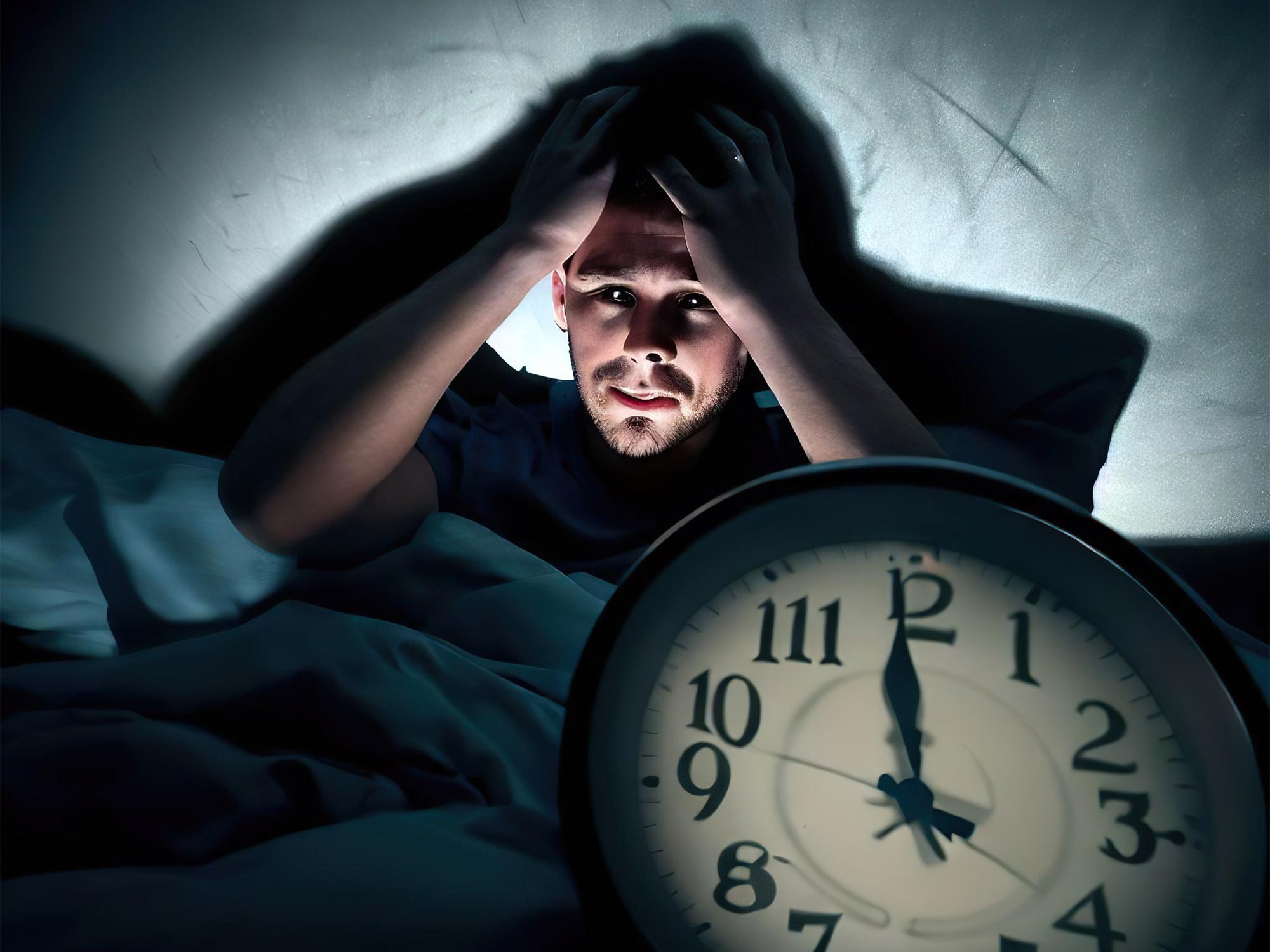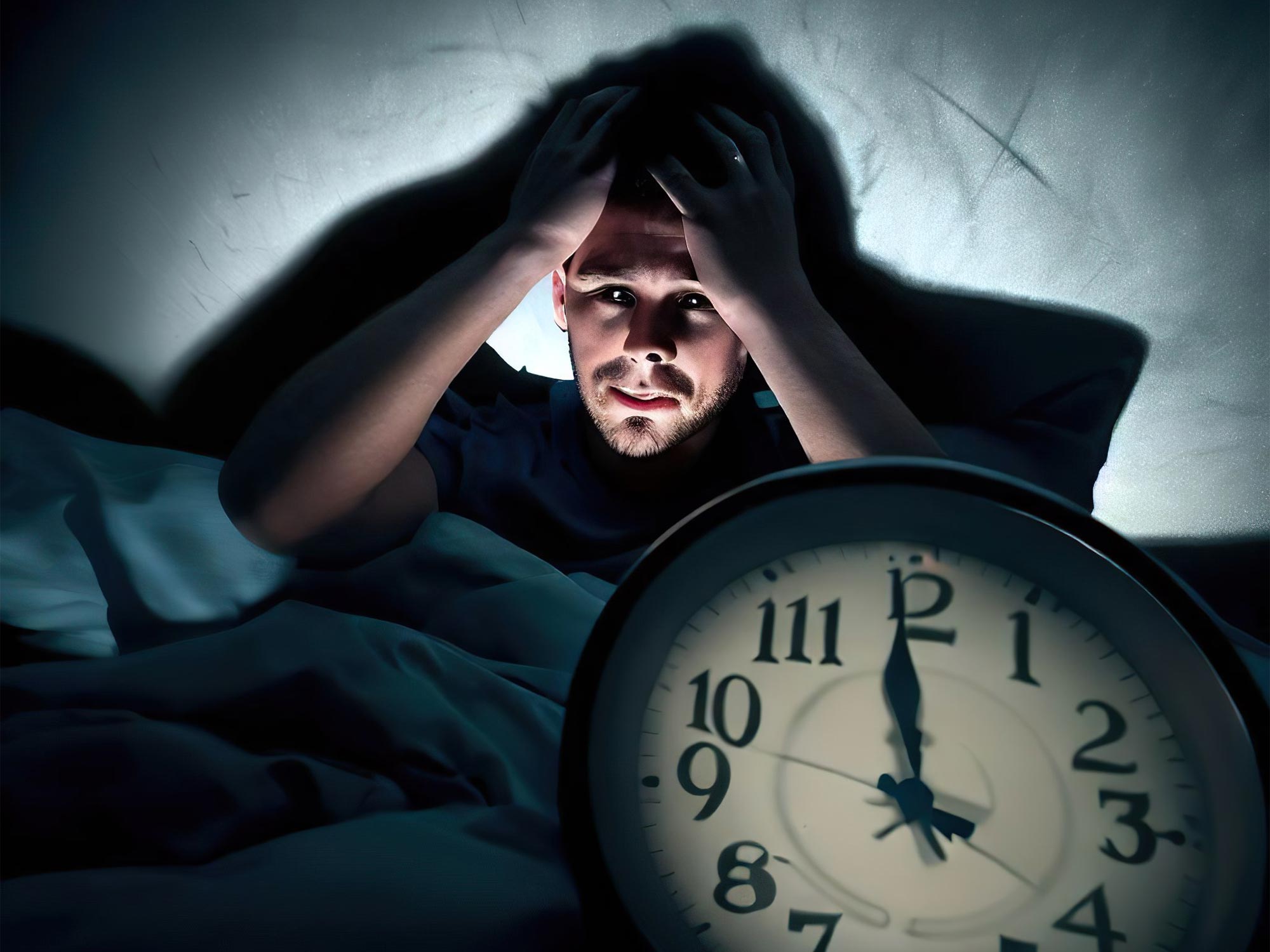
La recherche indique que le comportement de surveillance de l’horloge tout en essayant de s’endormir aggrave les symptômes d’insomnie et augmente l’utilisation d’aides au sommeil. L’étude, qui a examiné près de 5 000 patients dans une clinique du sommeil, a révélé que le comportement de surveillance du temps déclenche un cycle d’anxiété lié au manque de sommeil, ce qui entraîne une augmentation du stress et des difficultés à s’endormir. En conséquence, les individus sont susceptibles de se tourner vers des somnifères dans le but de reprendre le contrôle de leur sommeil. Une simple intervention comportementale, qui évite de vérifier l’heure, peut aider à gérer plus efficacement l’insomnie.
Une recherche de l’Université de l’Indiana dirigée par Spencer Dawson a révélé que regarder l’horloge tout en essayant de s’endormir exacerbait l’insomnie et favorisait l’utilisation d’aides au sommeil. L’étude suggère qu’éviter de vérifier l’heure peut être une solution simple et efficace pour gérer l’insomnie.
Regarder une horloge tout en essayant de dormir aggrave l’insomnie et l’utilisation d’aides au sommeil, selon une étude d’un professeur de l’Université de l’Indiana – et un simple changement peut aider les gens à mieux dormir.
La recherche, dirigée par Spencer Dawson, professeur adjoint de clinique et directeur associé de la formation clinique au Département des sciences psychologiques et cérébrales du Collège des arts et des sciences, se concentre sur un échantillon de près de 5 000 patients se présentant pour des soins à la clinique du sommeil.
L’insomnie touche entre 4 et 22 % des adultes et est associée à des problèmes de santé à long terme, notamment[{ » attribute= » »>cardiovascular disease, diabetes and depression.
Participants completed questionnaires about the severity of their insomnia, their use of sleep medication and the time they spent monitoring their own behavior while trying to fall asleep. They were also asked to report any psychiatric diagnoses. Researchers conducted mediation analyses to determine how the factors influenced each other.

Spencer Dawson. Credit: Indiana University
“We found time monitoring behavior mainly has an effect on sleep medication use because it exacerbates insomnia symptoms,” Dawson said. “People are concerned that they’re not getting enough sleep, then they start estimating how long it will take them to fall back asleep and when they have to be up. That is not the sort of activity that’s helpful in facilitating the ability to fall asleep — the more stressed out you are, the harder time you’re going to have falling asleep.”
As the frustration over sleeplessness grows, people are more likely to use sleep aids in an attempt to gain control over their sleep.
The results are published in The Primary Care Companion for CNS Disorders. Additional co-authors are Dr. Barry Krakow, professor of psychiatry and behavioral health in the Mercer University School of Medicine; Patricia Haynes, associate professor in the Mel and Enid Zuckerman School of Public Health at the University of Arizona and Darlynn Rojo-Wissar, a postdoctoral fellow at Alpert Medical School of Brown University.
Dawson said the research indicates a simple behavioral intervention could provide help for those struggling with insomnia. He gives the same advice to every new patient the first time they meet.
“One thing that people could do would be to turn around or cover up their clock, ditch the smart watch, get the phone away so they’re simply not checking the time,” Dawson said. “There’s not any place where watching the clock is particularly helpful.”
Reference: “Use of Sleep Aids in Insomnia: The Role of Time Monitoring Behavior” by Spencer C. Dawson, PhD; Barry Krakow, MD; Patricia L. Haynes, PhD; Darlynn M. Rojo-Wissar, PhD, MPH; Natalia D. McIver, PhD and Victor A. Ulibarri, BS, 16 May 2023, The Primary Care Companion for CNS Disorders.
DOI: 10.4088/PCC.22m03344
With 15 years of of research and clinical experience in the sleep field, Dawson is interested in comparing individuals’ sleeping experiences with what is concurrently happening in their brains. He trains and supervises doctoral students in the Department of Psychological and Brain Science’s Clinical Science Program.







More Stories
Quelle est la prochaine grande nouveauté en matière de perte de poids ?
Une nouvelle découverte pourrait réécrire les livres sur la génétique
Compenser le sommeil le week-end pourrait réduire d’un cinquième le risque de maladie cardiaque – étude | Maladie cardiaque